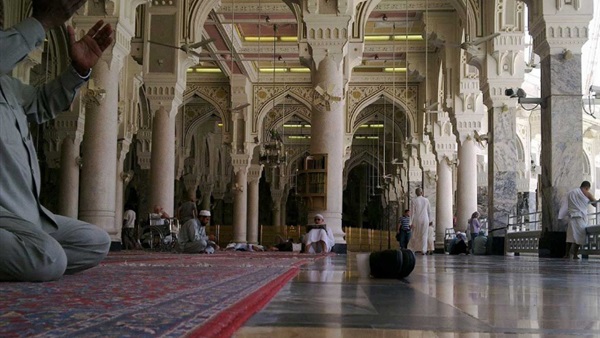Saudi columnists bolster calls for reform of Muslim religious law

Saudi Arabia's influential columnists are adding their
voices to the growing calls for reform of Muslim religious law, as the kingdom
looks to modernize its society and promote a more tolerant form of Islam.
In a series of articles published in Saudi newspapers over
the weekend, several prominent columnists called for a re-evaluation of the
country's religious doctrines and an end to the strict interpretations of Islam
that have been a hallmark of Saudi society for decades.
The calls for reform come as Saudi Arabia embarks on a
far-reaching program of social and economic change, aimed at diversifying the
country's economy and opening up its society. As part of this program, the
kingdom has taken steps to promote a more moderate form of Islam, including
easing restrictions on women's rights and opening up its society to more
cultural exchange.
The columnists argue that reform of Muslim religious law is
necessary if the kingdom is to achieve its goals of modernization and openness.
They point to the fact that many of the strict interpretations of Islam that
have been promoted in the kingdom are not actually based on the Qur'an or other
religious texts, but are instead the result of centuries of cultural and political
influence.
The columnists also argue that a more moderate form of Islam
would be more in line with the true teachings of the religion, and would be
better suited to the needs of a modern society.
The calls for reform have been welcomed by many in Saudi
Arabia, who see them as a necessary step towards a more open and tolerant
society. However, they have also been met with opposition from more
conservative elements of Saudi society, who see them as a threat to traditional
values and beliefs.
Despite the opposition, the columnists are likely to
continue their campaign for reform, as the kingdom moves forward with its
program of change. Whether their calls for reform will be heeded, however,
remains to be seen, as the conservative religious establishment in Saudi Arabia
continues to hold significant sway over the country's political and social
affairs.
Overall, the articles serve as a reflection of the ongoing
debate in Saudi Arabia about the role of religion in society, and the need for
the country to adapt to a changing world. As the kingdom continues on its path
of modernization, it is likely that this debate will only become more intense,
as Saudi Arabia looks to reconcile its religious traditions with the demands of
a modern society.







